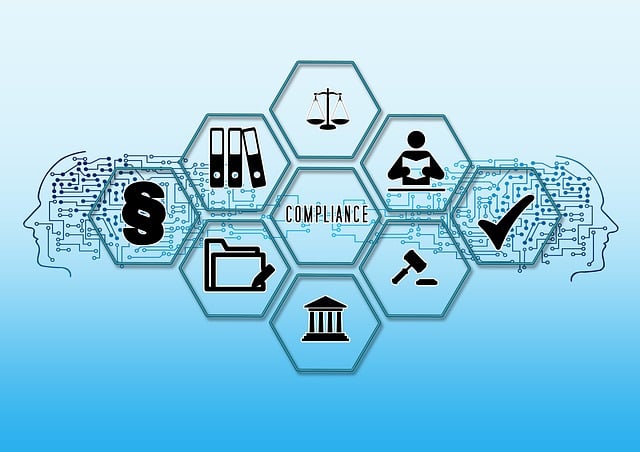Contempt of court, a serious legal issue with civil and criminal categories, involves non-compliance with judicial orders, leading to legal enforcement mechanisms. These can range from fines to imprisonment. To support someone through contempt cases, adopt a strategic approach with open communication, education about rights, exploration of alternative dispute resolution methods, and emotional support. Individuals in complex legal territories should leverage resources like legal aid organizations, bar associations, court-appointed attorneys, and online educational platforms for informed decision-making and effective resolution.
Facing contempt of court charges can be daunting. This article provides a comprehensive guide to navigating these complex matters, focusing on both understanding and resolving them effectively. We delve into the definition and types of contempt, explore the legal enforcement process, and offer strategic advice for support and resolution. Furthermore, we highlight essential resources and professional guidance available to assist individuals and organizations in securing favorable outcomes through robust legal enforcement.
- Understanding Contempt of Court: Definition and Types
- Legal Enforcement Process in Contempt Cases
- Strategies for Effective Support and Resolution
- Resources and Professional Guidance for Contempt Matters
Understanding Contempt of Court: Definition and Types

Contempt of court is a serious legal issue that refers to willful failure or refusal to comply with a court order or rule. It’s a broad term encompassing various actions, typically categorized into two main types: civil and criminal contempt. Civil contempt involves not adhering to an order made in a civil case, often related to issues like child custody, maintenance, or any other civil matter where a court order is in place. On the other hand, criminal contempt pertains to deliberate acts that interfere with the administration of justice, such as disrupting a trial or refusing to comply with a valid court injunction.
In both cases, legal enforcement mechanisms are set in motion to ensure compliance and maintain the integrity of the judicial process. The consequences can range from fines and imprisonment to more severe penalties, depending on the severity of the contempt and local legal provisions. Understanding these types of contempt is crucial for individuals involved in legal proceedings, as it empowers them to take necessary steps to avoid such situations and facilitate a smoother resolution of their matters.
Legal Enforcement Process in Contempt Cases

In contempt of court cases, the legal enforcement process serves as a mechanism to ensure parties adhere to judicial orders. When an individual or entity fails to comply with a court order, such as paying alimony, attending hearings, or refraining from certain actions, the court may issue a contemnor notice, warning them of potential consequences. If the contempt persists, legal enforcement steps are triggered, allowing the court to take further action. This can involve fines, jail time, or more severe penalties to compel compliance.
The legal enforcement process aims to balance the need for respect of judicial authority with fairness and due process. It involves a series of steps designed to resolve the contempt without resorting to draconian measures unless absolutely necessary. Courts carefully consider the circumstances, prior attempts at resolution, and the impact on all involved parties before imposing sanctions. This structured approach ensures that legal enforcement in contempt cases is both effective and proportionate.
Strategies for Effective Support and Resolution

When supporting someone through contempt legal matters, a strategic approach is essential for effective resolution. Encouraging open communication and fostering a collaborative environment can significantly impact the outcome. Educating the involved parties about their rights and obligations under the law is crucial. This knowledge empowers them to make informed decisions, reducing potential misunderstandings that could escalate the situation.
Additionally, exploring alternative dispute resolution (ADR) methods like mediation or arbitration can offer more flexible and cost-effective solutions compared to traditional legal enforcement. These strategies promote mutual understanding and agreement, allowing for tailored resolutions that address the underlying issues. By combining these approaches with consistent emotional support, individuals can navigate complex legal territories with greater confidence and success.
Resources and Professional Guidance for Contempt Matters

When dealing with contempt matters, individuals often find themselves in a complex legal landscape. Navigating this requires access to robust resources and professional guidance. Legal aid organizations, bar associations, and court-appointed attorneys are invaluable sources for those facing such charges. These professionals not only provide legal advice but also offer support throughout the process, ensuring clients understand their rights and obligations under the law.
Additionally, many jurisdictions offer online resources and educational materials tailored to contempt cases. These tools can help individuals comprehend the legal enforcement mechanisms at play, offering a clearer view of potential outcomes. By leveraging these resources, those involved in contempt matters can make informed decisions, ultimately enhancing their ability to resolve these issues effectively and efficiently.






